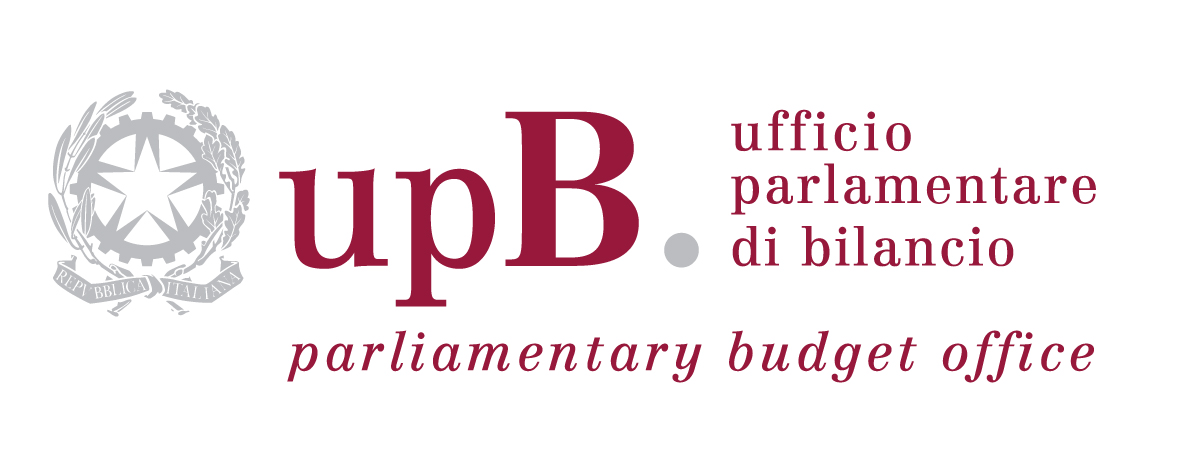The Chairman of the Parliamentary Budget Office (PBO), Giuseppe Pisauro, submitted a memorandum (in Italian) to the Budget Committees of the Chamber of Deputies and the Senate, as part of the preliminary fact-finding activities related to the Report to Parliament pursuant to Law 243/2012. The memorandum examines the macroeconomic context in which the COVID-19 emergency is unfolding, discusses the possible channels through which it can affect the Italian economy and analyses the content of the Report in the light of national and European fiscal rules.
The Report to Parliament requests authorisation to update the public finance objectives and define a deviation from the plan for returning to the path of adjustment of structural balance towards the medium-term objective (MTO) already authorised with the Report to Parliament of 30 September 2019 and approved by the two branches of Parliament on 9 and 11 October, respectively. The deviation for which the Government requests authorisation, arguing that it is necessary as a result of the emergence of the Coronavirus emergency, is intended to finance legislation that provides for deficit funding of measures. The package of measures would be a one-off intervention and would therefore be excluded from the calculation of the structural budget balance. The coronavirus epidemic represents ‑ in its intensity, its diffusion in Italy and around the world and its impact ‑ an exceptional event outside the control of government, which would justify the request to deviate from the path of adjustment, as the European Commission also seems to suggest in its letter of reply to the Minister of Finance.
In the absence of the update of the macroeconomic and policy scenario for the public finances, the announced measures are expected to have an impact for 2020 only and have been accompanied by a commitment, pending the drafting of the 2020 Economic and Financial Document (EFD), to resume the path of convergence towards the MTO, represented by the public finance policy scenario for the years 2021 and 2022 envisaged in the Update to the 2019 EFD, with a reduction in the nominal deficit to -1.8 per cent of GDP in 2021 and to -1.4 per cent of GDP in 2022.
Looking forward, the need for intervention will be reassessed, hopefully with greater understanding of the dynamics of the epidemic and macroeconomic developments, and incorporated in the multi-year planning perspective characteristic of the Economic and Financial Document. At that time, the scale of the fiscal policy intervention should be defined on the basis of better knowledge of the impact of the emergency and of a series of elements concerning the framework of national and European fiscal rules.
In this regard, it should be borne in mind that the required structural adjustment is established on the basis of a matrix that depends on cyclical conditions and on the level of the debt/GDP ratio. In particular, it should be recalled that in the event of a contraction in real GDP (“exceptionally bad times”) the matrix does not require any adjustment effort.
In addition, the EU and national rules contain specific clauses for exceptional events that allow a further reduction of the required structural adjustment.
